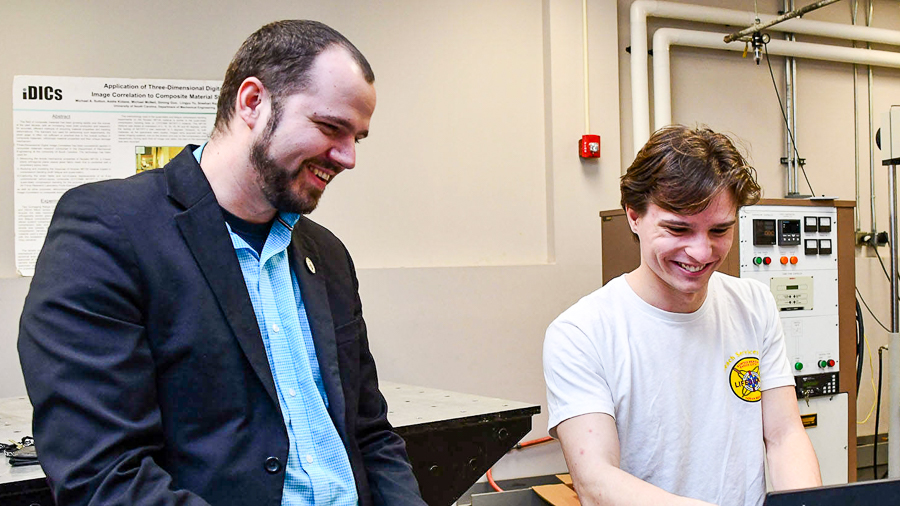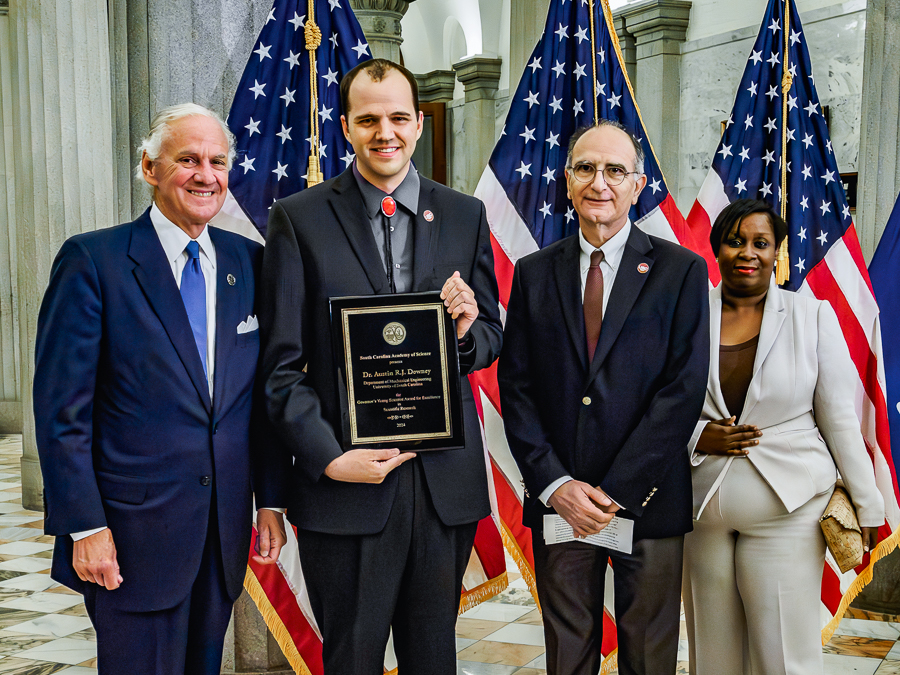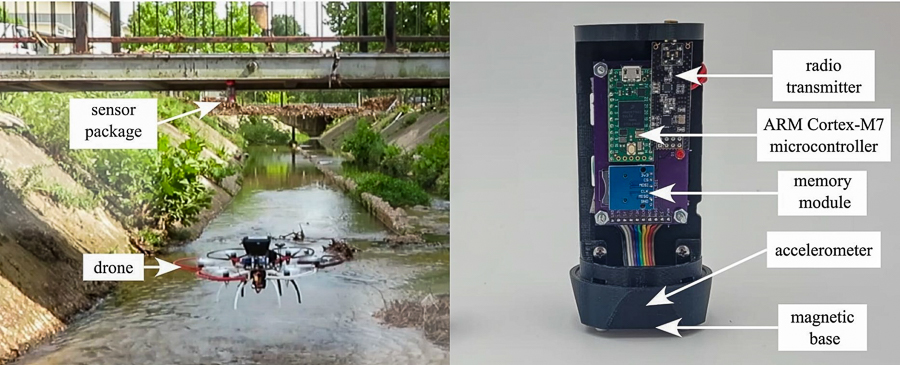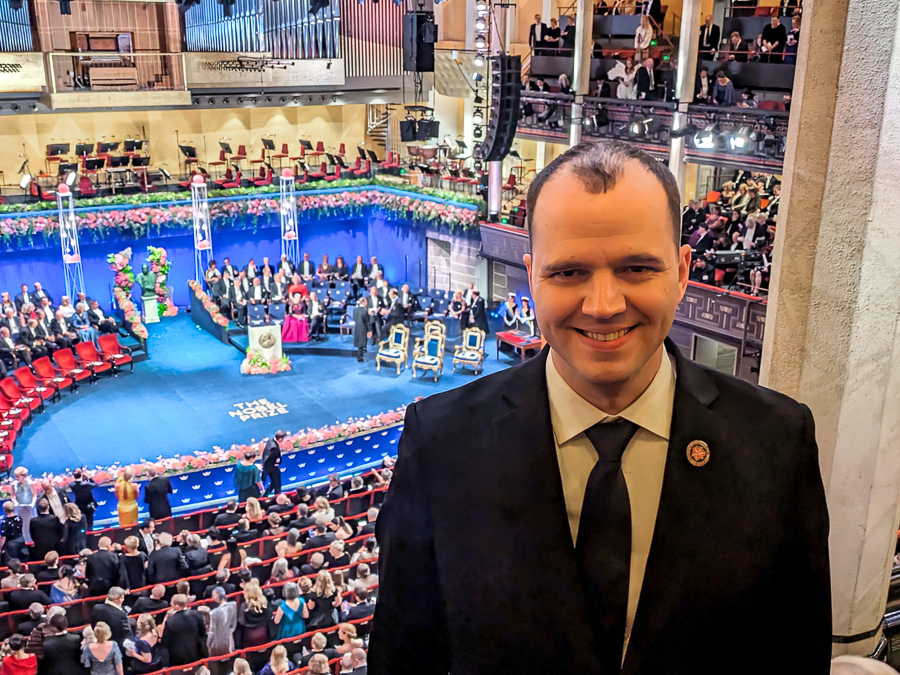“Fulbright reinforced how important it is for American researchers to exchange ideas with global partners.”

Dr. Austin Downey, a mechanical engineering professor at the University of South Carolina, is known for his research on robotic computing systems. His work has received funding from the U.S. Navy, U.S. Airforce, and NASA, and has been recognized through the Young Scientist Award for Excellence in Scientific Research. The award, presented by the Governor of South Carolina, acknowledged Downey’s patented bridge infrastructure sensors and his research on real time machine learning for applications such as hypersonic aircraft and active blast mitigation systems. Dr. Downey has expressed his gratitude for the Young Scientist Award showing the outcomes of his research and mentorship “to grow the economy, educate people, and improve outcomes within the state.” With Fulbright, Dr. Downey made an international impact in these fields as well.

In 2024, Dr. Downey received a Fulbright U.S. Scholar award to conduct research on robotic computing systems at Chalmers University of Technology in Göteborg, Sweden. There, he worked closely with Dr. Arion Pons to develop edge computing systems for unmanned aerial vehicles (UAVs), which could be applied to life-saving applications such as locating people lost at sea.
Dr. Downey and his research partners focused on “making UAVs smarter and more reliable by improving how they process information at the edge, meaning directly on the drone itself rather than relying on a remote computer.” They sought to develop flexible platforms that could also be adapted for other uses, such as inspecting structures or monitoring maritime environments. Their challenge was ensuring that “the algorithms, hardware, and control systems all worked seamlessly together to operate in harsh conditions like over open water.”

Dr. Downey believes that training students and forging human connections are vital to amplifying the impact of his work beyond the lab. In Sweden, he contributed to a student-led team developing self-balancing bikes designed to advance self-driving car technology. The team, featured on Swedish television news, “aims to support car manufacturers in their efforts to develop safer vehicles, leading to fewer traffic accidents involving cars and cyclists.”


In South Carolina, Dr. Downey continues to collaborate with Chalmers on real-time controls for flexible-winged UAVs. He arranged for an American student to study in Sweden on an exchange program to continue the project, and he established a UAV testing cage at the University of South Carolina to continue innovating on these autonomous systems in the United States.
Dr. Downey’s insights from his Fulbright year have been “enormously beneficial” to his American students and to the University of South Carolina. For example, taking a multidisciplinary course on battery manufacturing at Chalmers inspired him to help formalize a new graduate certificate in battery engineering and technology. He is working to integrate student clubs and projects into coursework to give American students more hands-on experience, and plans to implement joint senior design projects for University of South Carolina and Chalmers students to collaborate on real-world challenges.
Experiencing firsthand Sweden’s system for fostering research and interdisciplinary education was eye-opening for Dr. Downey. “My Fulbright reinforced how important it is for American researchers to exchange ideas with global partners, both in terms of advancing technology and in shaping how we educate and support the next generation of researchers. These kinds of partnerships lead to more robust scientific efforts that benefit everyone. We not only learn from the scientific work itself but also from the ways other countries organize, support, and teach science and engineering.”